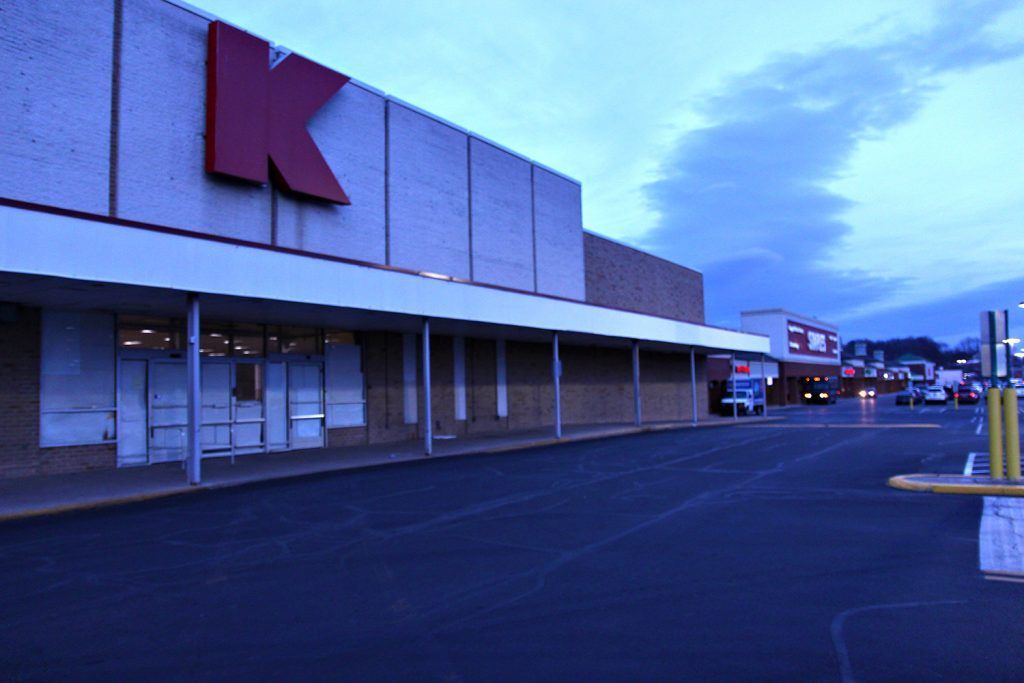
Industries struggled in 2020 to survive epic deficits in revenue caused by the pandemic and the restrictions put in place to protect the populace.
From March 8 to Dec. 4, the Community Arts Center in downtown Williamsport offered no performances and reported a lost income of up to $500,000.
Executive Director Chuck Still says the theater won’t be able to return to a full complement of shows until 2022 at the earliest when national broadway shows begin touring again. Despite the heavy losses, the city’s staple theater is more fortunate than many other businesses have been this year.
The impact of the COVID-19 pandemic on small businesses is just starting to become evident, but the true picture of 2020’s effect may take years to realize.
The cancellation of the Little League World Series and the Drum & Bugle Corps over the summer resulted in an estimated $50 million economic loss to the region, according to Williamsport Lycoming Chamber of Commerce President and CEO Jason Fink.
In addition to the loss of tourism, Fink estimates that the total year’s loss to local businesses through slim sales, government restricts and quarantined employees could be as high as $100 million.
In early September, JW Aluminum announced it would close its Williamsport plant by the end of the year, laying off 65 employees.
“The aerospace industry was immediately and severely impacted by the onset of the COVID-19 pandemic. This abrupt contraction is negatively affecting participants throughout the supply chain,” said Stan Brant Jr., CEO of JW Aluminum. “Historically, aerospace-related products have accounted for more than 50% of the total production at the Williamsport facility.”
In addition to air travel, restaurants, fitness centers, hair salons and hotels have been some of the hardest hit industries, according to Fink.
“The biggest concern to me is those who are being hit right now,” Fink said, referring to the holiday season. “A lot of them are small, family-owned businesses.”
The December holiday rush often is when many of these businesses build enough extra revenue to get through January and February – historically, the slowest months of the year for commerce.
Businesses required to close over the holidays won’t be able to build their financial cushion, Fink said, adding that when they are able to reopen in January, the business traffic might not be strong enough to pay the bills.
The hotel industry saw a 50% to 60% drop this year. The majority of the area’s hotel traffic comes through tourism, Fink said. In 2019, the county received $1.5 million through hotel tax funds, but in 2020 the figure plummeted to about $600,000.
For the Williamsport government, the full economic impact won’t be seen until taxes are filed in 2021, but the city is preparing for a 25% decrease in local businesses taxes, according to Treasurer Nicolas Grimes. He added the estimate is only a “best guess.”
The effect on the city’s job market has produced more immediate results, Grimes said. From 2019 to 2020, the city has seen a 5% decrease in employment taxes, he added, with the largest loss being in the second quarter.
“Some of this change, for better or worse, is because of some adjustments into where the taxes are being paid with many employees becoming remote full time – making their home their new work location,” Grimes said.
The passage of a second COVID-relief bill will be vital to some local business’ survival, according to Fink. “There are still a lot of businesses that are just not making it right now.”
As a nonprofit, the Community Arts Center was able to keep its employees paid through grant funds and generous donations from the public, as well as its partnership with the Pennsylvania College of Technology, according to Still.
Without the support from the college, Still estimates the theater would have been shut down entirely.
“As I have said before, a dark theatre is sad, but so are shuttered restaurants, empty bars, silent gyms and deserted movie theatres. COVID strikes most deeply the places where people like to congregate,” Still said. “Hopefully, when we come out of the pandemic, they will still want to congregate at the CAC and we will be here to greet them.”




